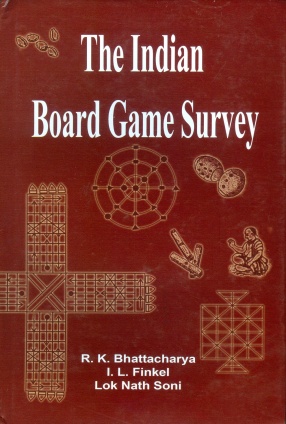
R K Bhattacharya

Showing all 8 books

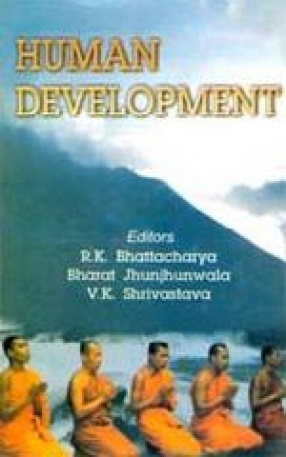

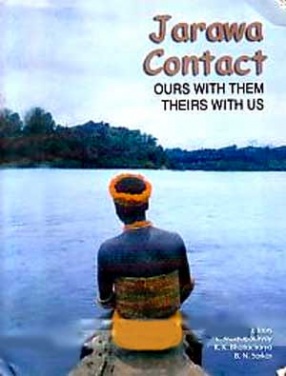
The Jarawas, a Negrito group of people of the Andaman Islands, are perhaps one of the last surviving classical example of hunter gatherers of the world, the other being the Sentinelese of North Sentinel Island of the Andamans. The Jarawas has recently come in direct contract with the non-Jarawa population of diverse culture and are in constant threat of losing their age old hunting and gathering activities along with their culture. The present book contains ...

This special volume on Indian Artisans is a collection of contributions made by very eminent scholars in their respective fields of excellence. This has been brought out on the occasion of the Golden Jubilee of India’s Independence. The rich tradition of Indian crafts and artisans has been well reflected through the individual papers. These have not only covered a broad socio-cultural spectrum of the various crafts but have also touched upon the implicit ...

The Western concept of Human Development revolves around the material aspects such as income and education. This may not lead to happiness, which comes from exhaustion of one's desires by introspection along with fulfillment. Material development becomes a trap in absence of such introspection. Expansion of choice is liberating only if it is in the direction of one's inner desires. The varna system was designed to help individuals in fulfilling their different ...

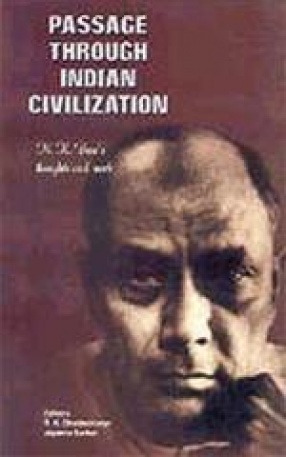
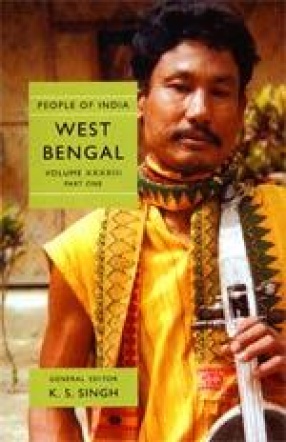
The Anthropological Survey of India launched the People of India project on 3 October 1985 to generate an anthropological profile of all communities of the country. It also recorded the impact of development programmes on these communities and the links that bring them together. The ethnological survey of all 203 communities in West Bengal was taken up for the first time with help local scholars. The results of this survey were discussed at work-shops held in ...
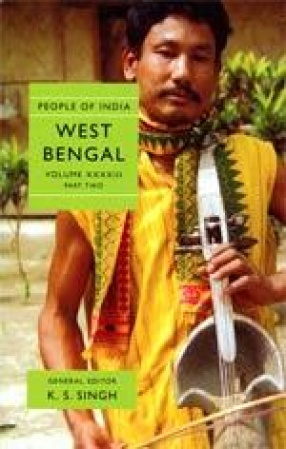
The term Bangla or Bengal came into existence some time around 1000 BC. The Bengal region has remnants of continuous human habitation from Palaeolithic to historic periods; historic and linguistic evidences suggest that early settlers were speakers of Dravidian, Tibeto-Burman and Austro-Asiatic languages with the Indo-Aryan speakers coming later. Since the tenth century BC, the kingdoms and janapadas have been governed by Buddhist, Hindu and Muslim rulers. The ...
